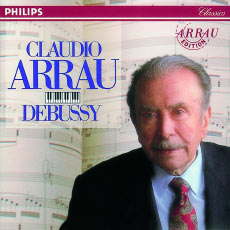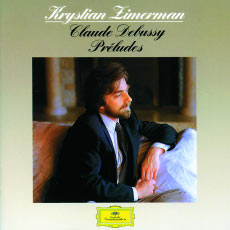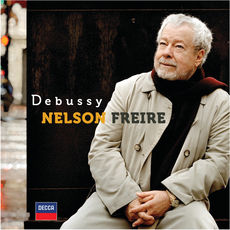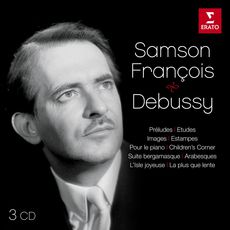"It took the extraordinary acuity of perception, and the lucidity of imagination of an artist as delicately sensual as Debussy to discern the things he could draw upon; and to incorporate these new elements into a musical language that was all his own, and to do so with such a perfect sense of taste and of freedom. And in spite of the piano's apparently-impersonal sound, Debussy was able to draw out of it precisely the right combinations of timbres for his descriptive needs: combinations which, from the outset, had just as much character as those he used for orchestral or ensemble pieces." To this summary, Cortot added: "So perfect was his gift for using sounds to fix visual impressions, be they direct, or suggested by the imagination, the plastic arts, or literature, that he was able to give free rein to his art in a domain of the senses which had previously been walled-off from music. "
These short quotations can guide music lovers in their research; but they can also light the way for pianists – and there are more and more of them – who are trying to find their way to their own interpretation of this immensely rich music. It is not just a matter of understanding the rhythmic and harmonic structure, but also, and above all, the key is in the boundless imagination of the material, inspired by literature, painting, travel, or, in Debussy's case, dreams of travel, because in all his life the composer virtually never left the Paris region.
There are dozens, indeed hundreds, of pianists who have committed Debussy to disc. And, as with all music, one can only find one's ideal version by looking in the mirror held up by performers in whom we would all like to see a part of ourselves. At the outset of this centenary year, here are a few signposts to show the way in. Other writers and other schools of thought will offer their own opinions during this anniversary. Later on it will be time to draw up the balance sheet of the new releases, the re-releases and the rediscoveries which this period will have thrown up, because Debussy's piano music is being more and more widely recorded all over the world, a proof of the universality of his language, and of the senselessness of the once-firmly-held belief that one had to be French to play Debussy properly.
The pioneers
It was Claude Debussy himself who started recording his works. An excellent pianist, as a musician he was often compared to Chopin, whom some of his contemporaries will have had the opportunity to hear play. His touch was said to be very gentle, and possessed of an intimate quality. He used the pedal with consummate skill. His closeness to Chopin didn't stop at his piano style. Recall that Debussy arranged the publication of Etudes de Chopin in 1915, and that it was this profound familiarity with them that gave birth to his own Etudes, the conclusion and the pinnacle of his art. More on that later. In Debussy's day, recording was still in its infancy, and, while it is moving to hear him accompanying Mary Garden, who played Mélisande in 1902, it is hard to get a sense of his style of playing given the flimsiness of the technology of the time.
Create a free account to keep reading













